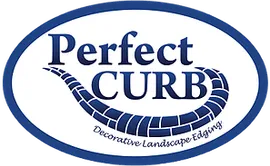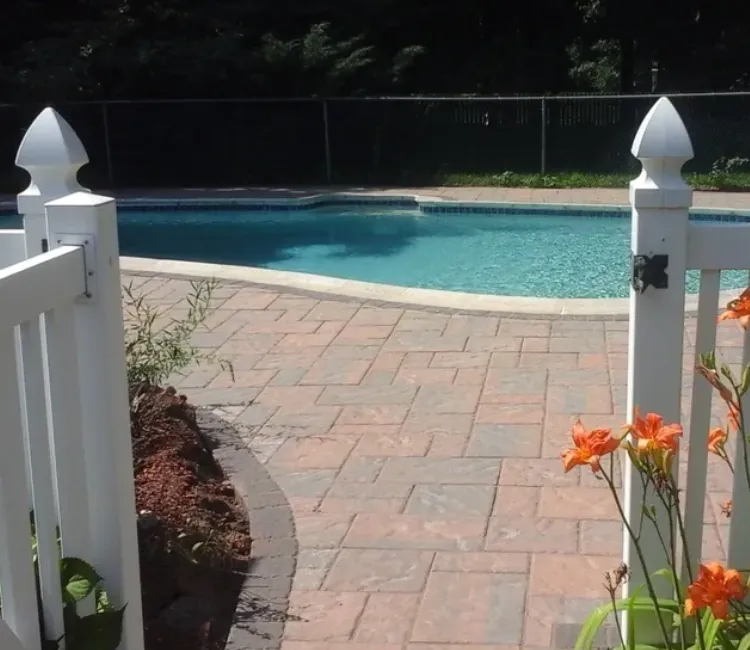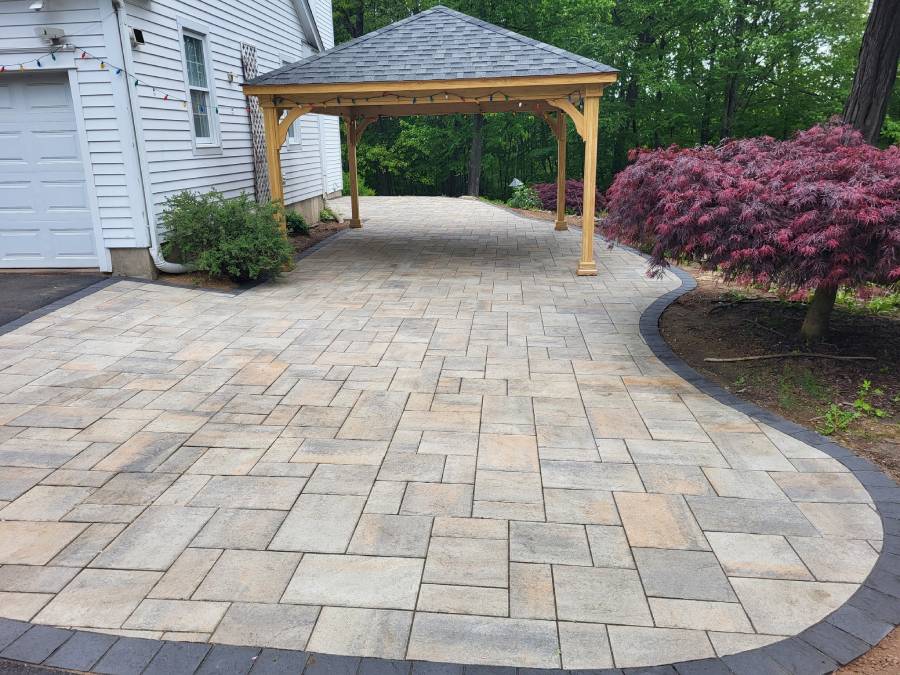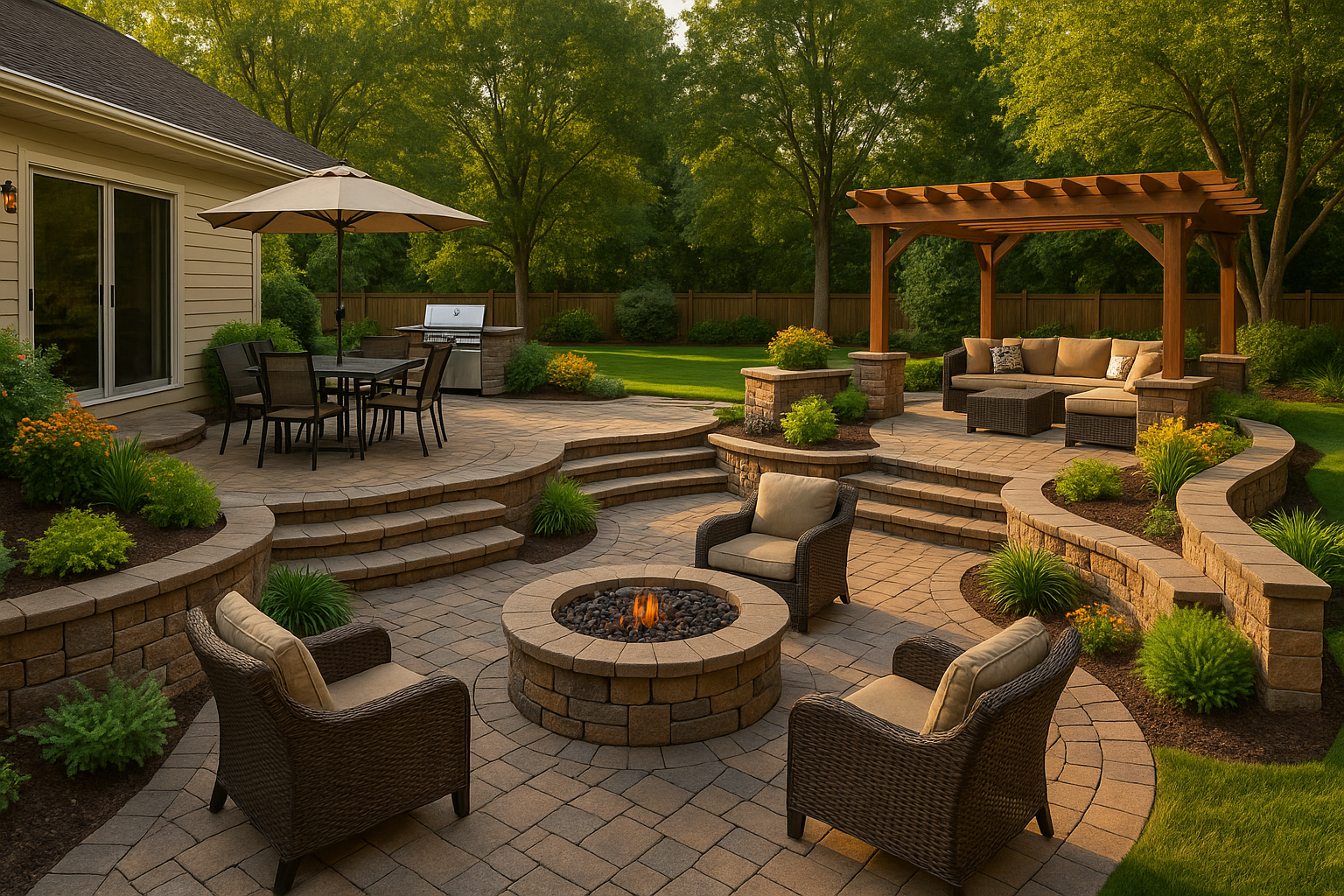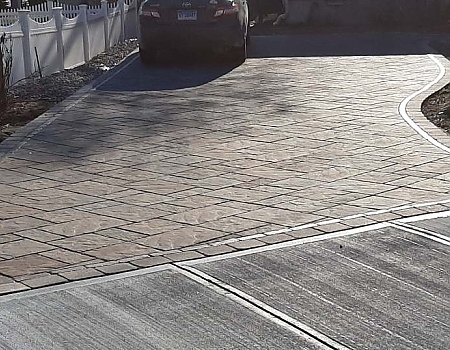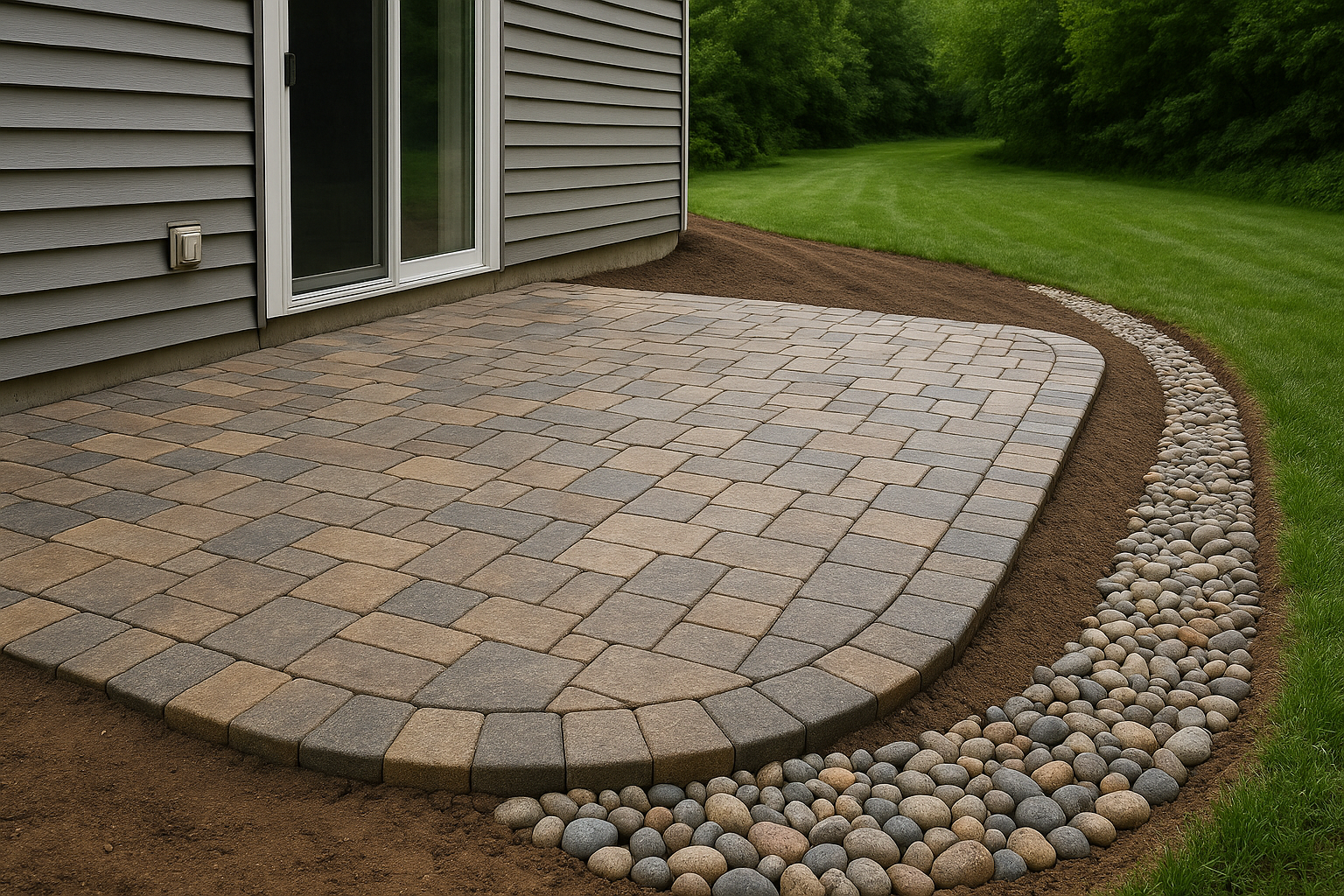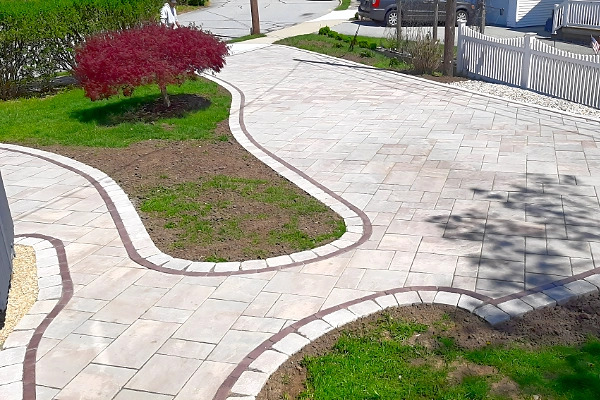How Different Stone Types Hold Up in New England Yards
New England weather destroys weak stone. Snow, rain, and sun hit hard. Some stones crumble, stain, or lose their color fast. Others keep their shape and look good for years, no matter what the seasons throw at them. Here’s what you really get with each type in your yard.
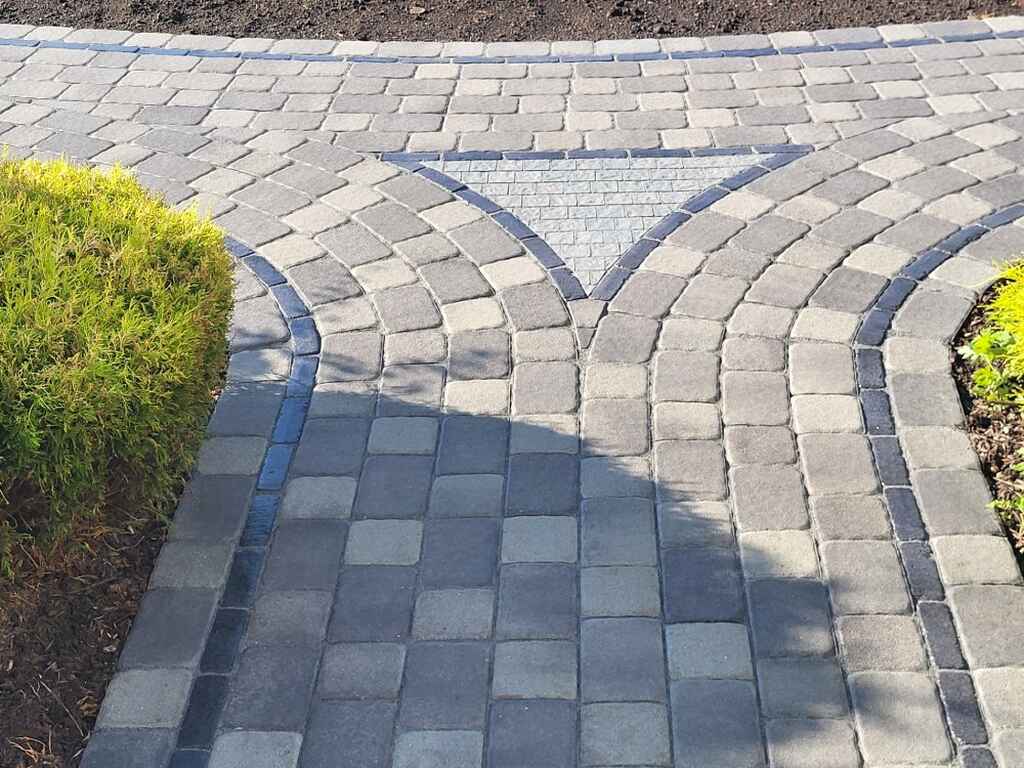
Granite and Bluestone in Real Life
Granite shrugs off punishment. Plows scrape it. Ice creeps into joints. Salt and sand grind across the surface. Granite doesn’t flinch. It keeps its shape and color, even after years of freeze-thaw cycles. You won’t see much chipping or spalling. Maintenance stays simple. Just sweep and rinse. That’s why granite works for driveways, front steps, and anywhere cars or boots hit hard. When you choose our team for installation, you get the benefit of experience with these tough materials in real New England conditions.
Bluestone brings a different look. The color stands out, deep blue, gray, or even hints of green. But bluestone needs more attention. Water seeps in if you skip sealing. Moisture stains the surface. In shady spots, algae and moss take hold. Thermal bluestone handles wet feet better. The surface stays grippy, even after a rainstorm. Both stones hold up in high-traffic spots, but granite wins for pure toughness. Bluestone rewards you with style, as long as you keep up with sealing and cleaning. We often recommend bluestone for clients who want a unique look and are dedicated to regular maintenance.
- Granite resists chipping and cracking, even after years of use
- Bluestone needs sealing to block stains and moisture
- Thermal bluestone gives better traction around pools and steps
- Both stones work for front entry steps and walkways
Slate and Sandstone Under Pressure
Slate looks sharp when it’s new. The color and texture set it apart from the usual choices. But not all slate is equal. High-quality slate holds up to New England’s freeze-thaw cycles. Cheap slate splits, flakes, and sheds layers. Water gets underneath, then freezes and pops the stone apart. Drainage makes or breaks a slate patio. Water needs a way out, or you’ll see loose tiles and uneven surfaces. For patios and walkways, only use slate that’s rated for outdoor use and make sure the base drains fast. Our patio installations always include a well-drained base to help slate last through harsh winters.
Sandstone brings a softer, warmer look. The surface feels smooth underfoot. But sandstone soaks up water. In wet weather, it turns dark and slippery. Algae and moss love the porous surface. Edges wear down faster than granite or bluestone. Sealing helps, but you’ll need to reapply every year or two. Sandstone works best in protected spots. Under a roof, as an accent, or in a low-traffic garden path. For retaining walls, sandstone adds color and texture, but keep it out of the splash zone. At Perfect Curb, we guide homeowners toward the right stone for each location, so you get beauty without constant repairs.
- Slate needs a solid, well-drained base to avoid flaking
- Sandstone absorbs water and stains easily
- Both stones need regular sealing in wet or shady areas
- Use sandstone for accents, not main walkways
Sun, Heat, and Fading
Sun beats down on patios and walkways all summer. Dark stones, especially bluestone, soak up heat. Bare feet burn fast. Some bluestone fades from blue-gray to brown after a few seasons. Granite holds its color. Even after years in direct sun, the surface looks the same. Lighter stones reflect heat and stay cooler. For pool decks and play areas, pick a stone that won’t scorch or fade. UV-resistant materials keep their look, even in the hottest spots.
- Granite keeps its color and stays cooler than dark bluestone
- Bluestone can fade or brown in direct sun
- Lighter stones work better for pool surrounds and patios
Matching Stone to the Job
Every part of your yard faces different challenges. Pool decks need grip and chlorine resistance. Shady corners stay damp and grow moss. Driveways take a beating from salt and snow. Patios see chairs dragged and grills rolled across the surface. The wrong stone fails fast. The right one lasts for decades. We help you match the right stone to each area, so your investment stands up to New England’s toughest conditions.
- Pool surrounds need non-slip, sealed surfaces
- Shaded areas demand stones that resist algae and moss
- Driveways need granite or another tough, salt-resistant stone
- Patios and walkways need a balance of looks and durability
- Match stone to drainage needs. Standing water ruins even the best material
What Fails and What Lasts
Granite shrugs off salt, snow, and sun. Bluestone rewards regular care with lasting color and grip. Slate needs careful installation and the right grade. Sandstone works in the right spot, but struggles in wet, high-traffic areas. Skip the wrong stone, and you’ll see cracks, stains, and loose pieces. Pick the right one, and your yard looks sharp for years.
Transform Your Colchester Property Today
Perfect Curb brings professional stone selection and installation to your project. Call us at 860-574-0238 or contact us to discuss the best stone options for your specific needs.
‹ Back
